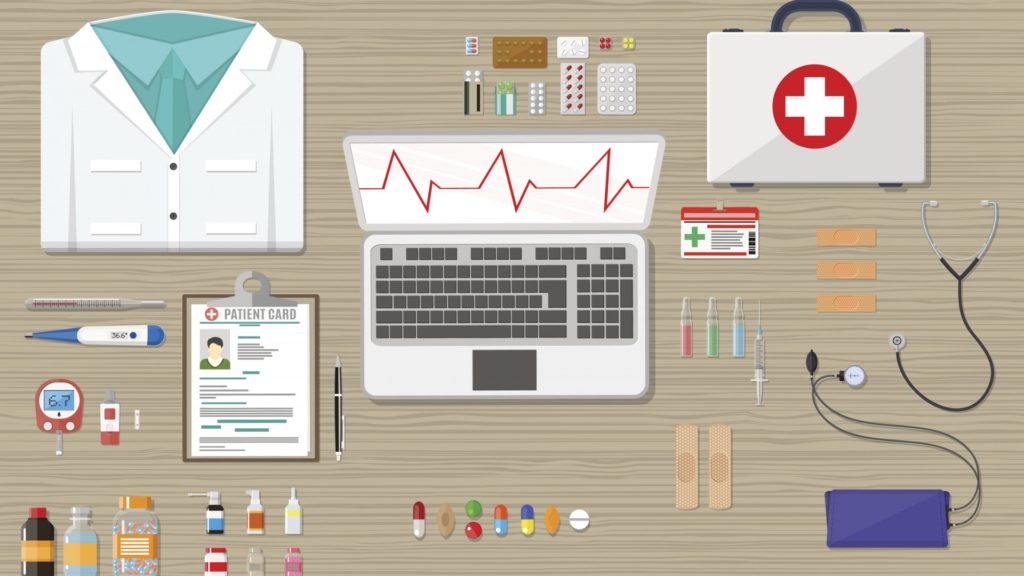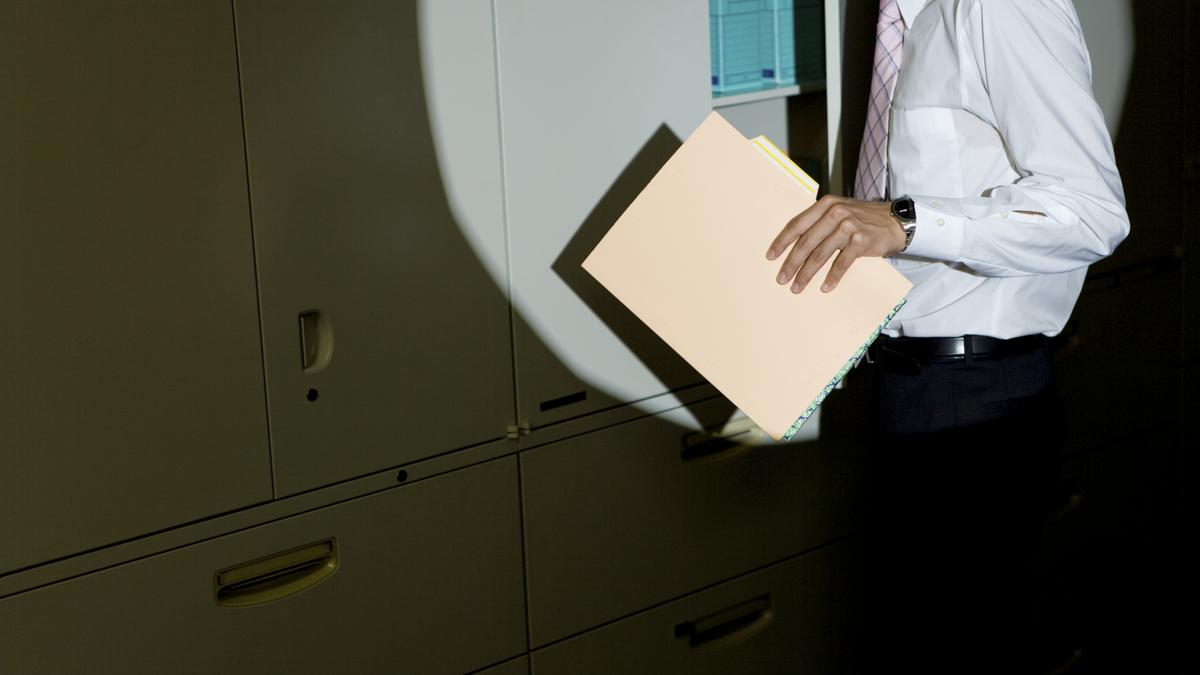
Millions of people in the United States have some type of insurance coverage in place. Unfortunately, the standard coverage options aren’t always enough to protect your finances and keep you from draining your savings if you file a claim.
In fact, more than 29 percent of U.S. adults have too little insurance. This leaves them open to high out-of-pocket expenses and makes taking care of repairs and damage difficult at best.
These individuals fall into what’s known as an underinsured group. If you’re one of them, you need to understand what this means and what you can do to correct the issue. Here’s what you need to know.
What Does Underinsured Mean?
Every insurance policy you buy has a set coverage limit. The coverage limit is the maximum amount that the insurance companies will pay out when you file a claim.
The coverage limit also determines how much you pay in premiums each month. The more insurance you buy, the more expensive it will be. However, the more insurance you have, the less likely you are to fall into the underinsured category.
When you’re underinsured, it means that your insurance policy doesn’t provide you with enough coverage to fully protect you against the risks you face.
For underinsured homeowners, going underinsured means the policy’s limits are too low to repair or replace damaged parts of your home. With car insurance, it means your policy won’t cover the full cost of repairs after an accident.
The Impact of Not Having Enough Insurance
When you file a claim on any type of personal insurance policy, the insurance company will send out an adjuster to inspect the damage. They’ll then issue you an estimated settlement amount so you can focus on taking care of repairs quickly.
If you have enough coverage, your policy will cover the full amount of the repairs without a problem. All you have to do is pay the deductible for your insurance policy when you initiate the claim.
But if your insurance coverage is too low or you’re underinsured, the settlement won’t be enough to cover the damage. You’ll have to pay both the deductible and any remaining costs for repairs out of pocket.
Depending on the extent of the damage, that could mean thousands of dollars that you don’t have.
For many people that fall into the underinsured group, this means that repairs don’t get taken care of in a timely manner. After all, if you don’t have a large enough insurance payment, you can’t fix everything properly. Many contractors won’t be willing to make repairs unless they can do it the right way.
If you don’t have the money you need to cover those expenses in full, you may end up putting your safety and wellbeing at risk.
How You Can Avoid Not Having Enough Coverage
Though millions of people are at least slightly underinsured, that doesn’t mean they can’t fix the problem. In fact, making sure you have enough coverage to fully protect your home, car, health, life, and property is relatively simple.
You just have to be willing to put in the effort.
Here are a few simple steps you can take to make sure your coverage needs get reflected in your coverage limits no matter what type of insurance you have in place.
Review Your Policy Yearly
It’s normal for your coverage needs to change over time. After all, you make improvements around the house, acquire more valuable belongings, or even add a new person to the family.
This means the coverage you bought initially may not be enough to cover you the following year.
Get in the habit of reviewing your policy at least once a year. If your coverage needs remain the same, you can renew your policy without issue. But if your coverage needs change, you’ll need to adjust your insurance to reflect those changes.
Keep in mind that buying more coverage doesn’t necessarily mean that your costs will go up. It means you need to talk to your insurance company and see if there are new discounts you qualify for or ways you can save on your premiums each month.
Shop Around With Different Providers
Prices for insurance policies are never fixed. They can change from provider to provider and some may even offer you discounts on coverage.
However, to make sure you’re getting the best deal, you’ll need to shop around.
Get quotes from different insurance companies every time you review your coverage needs. Compare the policy limits, deductibles, and monthly premiums in detail. If you find a policy that offers you the same or better coverage at a lower price, switch to that insurance provider.
Always Buy More Than the Minimum Required Coverage
Some states have minimum coverage amounts every policyholder must satisfy. Those minimums are rarely enough to cover the full cost of repairs or damage when you file a claim. They’re just enough to offset your out-of-pocket expenses.
These minimums almost always leave people underinsured.
If you can, buy more than the minimum coverage required by your state. This way, you’ll always have a large enough policy to cover the cost of repairs and damage you experience.
If you’re not sure how much coverage you really need, speak with your insurance agent. Discuss your concerns and let them make recommendations. They understand the industry best and can help you protect the things you love thoroughly.
Don’t End up With Inadequate Coverage
If you’re worried about having enough insurance or think you might fall into the underinsured category, don’t panic. Review your current policy and think about your needs.
If that policy isn’t big enough, upgrade your coverage as soon as you can. The sooner you do, the sooner you’ll be fully protected from risks.
Making sure you have enough coverage in place is key in keeping your finances in good shape, but it’s only one step. Check out our latest posts for more tips and tricks to help you take control of your finances once and for all.








